An ideal Mozart cast lifts a not-ideal staging in Met’s new “Don Giovanni”
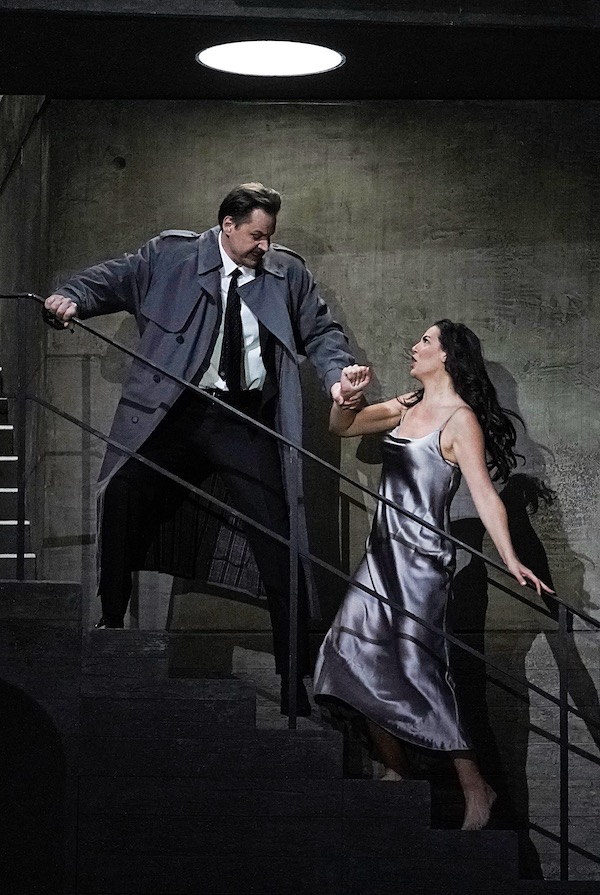
The Metropolitan Opera’s new production of Don Giovanni, which opened Friday night, is built on experience. The cast features baritone Peter Mattei in the title role and bass-baritone Adam Plachetka as Leporello, and both are leading performers. Soprano Ying Fang and tenor Ben Bliss, two more prominent Mozart singers, play Zerlina and Don Ottavio, and the rest is filled out with familiar and talented faces.
There were two important house debuts as well, both also experienced artists: conductor Nathalie Stutzmann and director Ivo von Hove. Stutzmann was an integral part of what was a great overall musical performance opening night, one of the best one has heard in this opera.
Van Hove, a marquee theater director with substantial accomplishments in opera houses, was the outlier. And while his staging supported the form of Don Giovanni, it also stumbled too often in essential places, leaving the music-making alone to carry the success of this performance.
The production doesn’t solve the central problem of Don Giovanni, which is the difficult balance between the lead character, who is not just the antagonist but a quasi-psychopathic rapist and murderer, and Leporello. The latter is servant and enabler to Giovanni, always trying to put an end to the mayhem but never able to leave his master’s side, the comic foil to a villain with no redeeming qualities save charisma. In nearly identical modern dress (instead of swords and breeches, there are automatic pistols and suits), the staging hints at some kind of boss-worker relationship, or even a metaphysical doppelgänger situation, without ever honestly committing to either idea.
But Mattei and Plachetka made this work, along with Stutzmann’s excellent pacing, tempos, and nimble changes of mood and color from the pit.
The Swedish baritone is one of the finest operatic performers we have, with not only a great voice but a poised, dynamic stage presence. Mattei’s beautiful singing made manifest the seductive power Giovanni had over every other character. He modulated his phrases and tone from moment to moment and character to character. His Act I duet with Zerlina, “Là ci darem la mano,” was gorgeous and sincere. In Act II, his run through “Ah taci,” “Eccomi a voice,” and “Deh, vieni alla finestra” with Leporello and Donna Elvira (soprano Ana Maria Martinez) was the core of his performance, and the opera itself. The villainy in Don Giovanni is obvious, the attraction that Giovanni compels less so, but in these scenes, Mattei’s singing was truly seductive in a way that most operas present as artifice but few performances deliver as fact.
Plachetka’s physical comedy in this scene was excellent, all slouching and put-upon gestures, and he threw himself about the stage all evening. His singing was an agitated companion to Giovanni’s suave charisma, moving from an almost nonchalance in the “Catalogue” aria to near-desperation every time he had to argue with one character or another, and a real sense of terror in the climactic scene. His directness was an ideal balance to Giovanni’s insinuations.
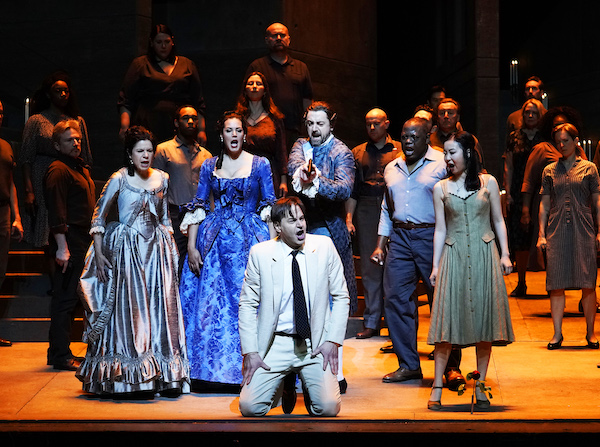
Directness of action was one of the strengths of the staging. In the opening scene, not only was Donna Anna (soprano Federica Lombardi) furious, but her hand was on Giovanni’s throat. Lombardi’s was another beautiful voice in the opera, a fine mix of dark richness against Fang’s iridescent sweetness and Martinez’s stately control. Her “Non sperar” was remarkably powerful, and set the stage for how superb the singing was going to be all night.
The pairing between her and Bliss was also superb. An excellent Mozart tenor, Don Ottavio sounded like it fit his voice perfectly, bringing out a fullness and projection beyond what one has heard from him before, while his phrasing was as elegant as always.
Bass-baritone Alfred Walker was a strong, vivid Masetto, with more presence in the role than one is used to hearing. The anger and irony in his “Ho capito! Signor, si,” was gripping, vicious in a way one has not experienced—having this character so prominent deepened Zerlina’s mere presence through contrast. Fang likewise embodied a key role with broader and deeper dimensions then one has encountered. Her “Vedrai carino” was possibly the single most enthralling moment among all the extraordinary singing.
Alexander Tsymbalyuk brought his huge bass-baritone voice to the Commendatore. He was in no way responsible for the utter confusion with how he was presented in Act II, one of the key moments in the opera and also one of the real failures in the staging. Wandering out from the back of Jan Versweyveld’s (another debut) Bauhaus/brutalist designs, it was impossible to tell what he was supposed to be; a ghost? A statue? Was it supposed to be that Leporello could see him, but Giovanni could not? There was something immature about that, like a student trying to fudge and make excuses for a paper they never wrote.
Another huge failure was the party scene in Act II, where along with the partygoers in modern working clothes (as with the relationship between Giovanni and Leporello, the staging is all too coy about some kind of capitalist structure) there were mannikins with masks and 18th century dress, which mirrored the costumes of Ottavio, Anna, and Elvira. It was a medium without a message, as was Sara Erde’s choreography, which had the partygoers dancing in a downtrodden lockstep. It was a shame to have all these cheap, sophomoric, and meaningless details set against such marvelous singing.
But there were strong things too. While Versweyveld’s sets were unremittingly drab, it turned out there was a purpose to that, and their transformation at the very end was wonderful. And the moment when Giovanni is dragged to hell was viscerally intense and one of the most stunning things one has seen on an opera stage. (Projections are by Christopher Ash in his Met debut.) Those high points of the new production covered the lapses, at least enough for the remarkable performances to make this Don Giovanni a grand success.
Don Giovanni continues through June 2. metopera.org
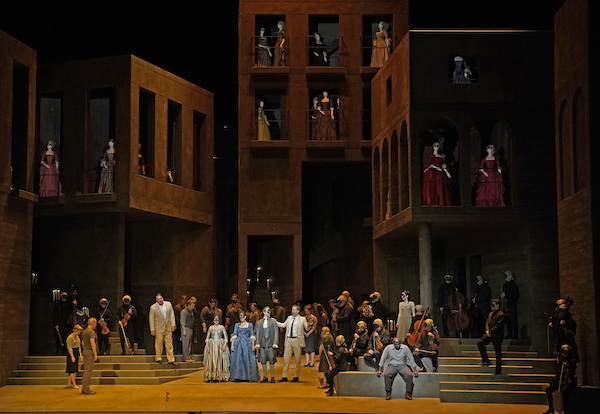
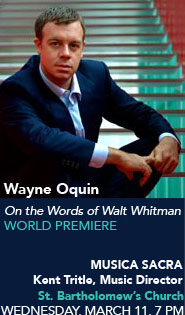
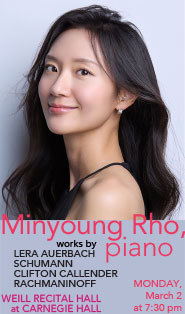
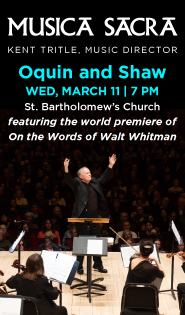
Posted May 20, 2023 at 8:41 pm by Linda Henrichsen
Beautiful, strong voices. The rest of the production was not for me! Cheaping out on set design and costuming, and then using buzz words of praise, to make the audience believe this new version surpasses the old?….Nice try! I left after intermission, feeling sorely disappointed and blah……
Posted May 21, 2023 at 7:29 am by William Roy Dery
The voices were superb, the music great, and the set (well it sucked ), drab, lifeless lacked the enchantment of tradition. NO STATUE, NO cemetery no feeling of impending doom, and NO Commendatore.Could it be this additionally was a budget cut?
Stop trying to improve an already perfect Mozart.
I will not be going to the Magic Flute.
To the MET “leave brilliance alone.”
Posted May 21, 2023 at 2:02 pm by Gerri Stiner
Thank you for this review. I enjoyed a simulcast from the Met on May 20th at our local theater. I agree with your review. The singing was marvelous, but I found the setting distracting & disappointing as well as some of the actions on the stage. There was no finesse – actions were too aggressive & rough.
The traditional setting was much better in my opinion. Is Mozart rolling over in his grave? Thank God for the talented singers & conductor! I won’t be going to The Magic Flute either.
Posted Jun 04, 2023 at 1:03 am by Anne D'amico
Thank you for a complete and cogent review. The singing was marvelous, Mattei transcendent, and several of the actors (Walker and Fang in particular) extraordinary in their roles. I don’t know when music has stuck me as this opera did.
There was also a modern sense of justice in the way the characters rebelled against the Don that was refreshing.
And then there was the staging and sets. They were just confusing. The mannequin dances, the spaghetti throwing, the dead Commendatore strolling around. I thought it was just me. Thank you giving it some context and explanatory notes.